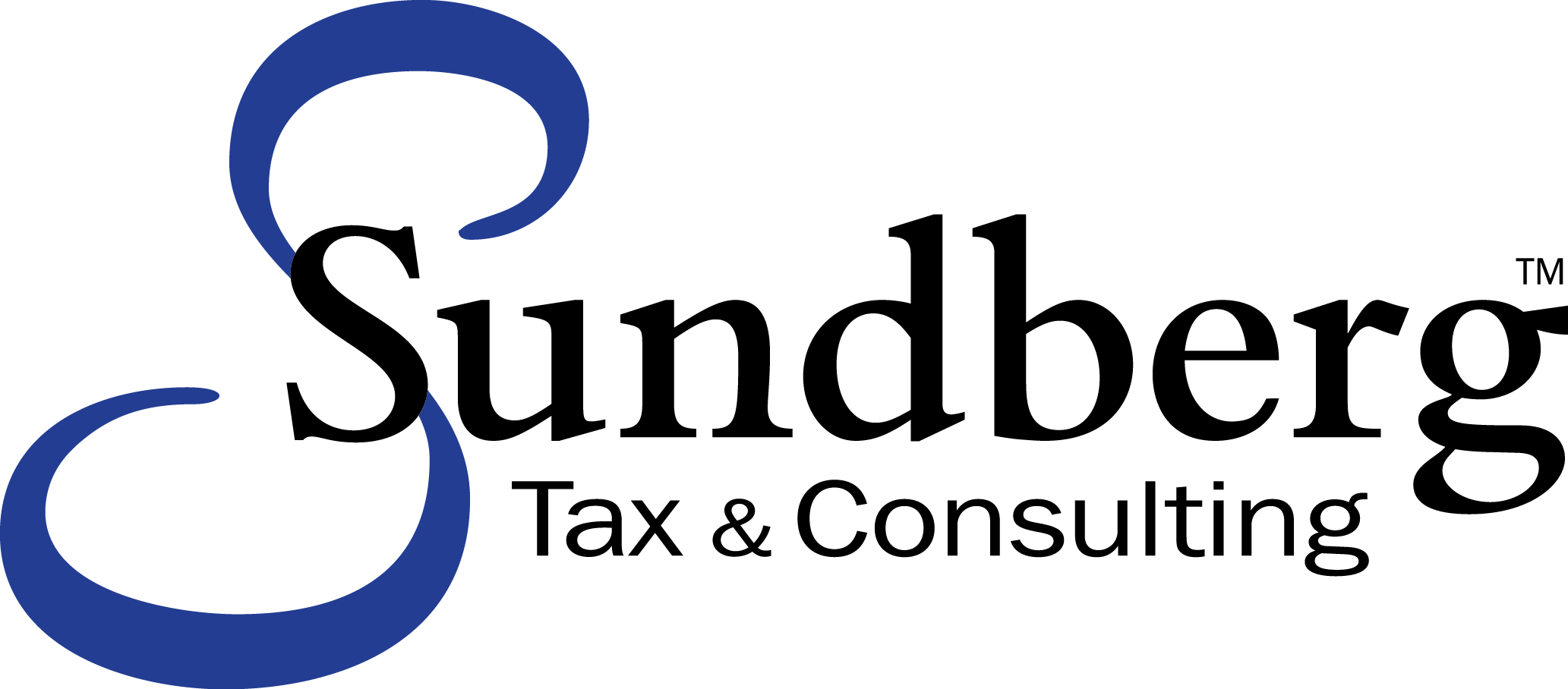Yesterday we noted that plans and policies are good to have.
However, there are many rules that a plan should follow. The rules of the plan or policy cannot exist without sound business reasons. That is to say, a business owner must not make policies just because he or she wants to make personal expenses deductible.
Some of the most common policies business owners want to make are related to owner benefits. The tax code does not allow the owners of LLCs, partnerships, or sole proprietorships to have benefits that are deductible to the business. For instance, if the business buys health insurance for its owners, the purchase is a deemed distribution and is not deductible by the business.
In this case, it still may be deductible by the owners on their 1040s, but the business is not allowed to deduct it as a business deduction. The business or its accountants must know about the rules so the deduction is not disallowed (reversed) if it comes under audit. Additionally, the financial records must track the health insurance purchase so the owners may include this information when they prepare their 1040s.
The general rule is that business owners are not allowed to have employee benefits. This includes de minimis benefits, health benefits, and most benefits typically thought of as employee benefits. Included in this area are meals without a business purpose, child care, and anything that is likely to be personal in nature.
Of course, the tax code is full of exceptions, and C corporation owners and S corporation owners each have their own sets of rules.
A prudent business owner will have a CPA check the business’ plans and policies to ensure they are in compliance with the applicable tax provisions.
[do action=”disclaimer”/]





